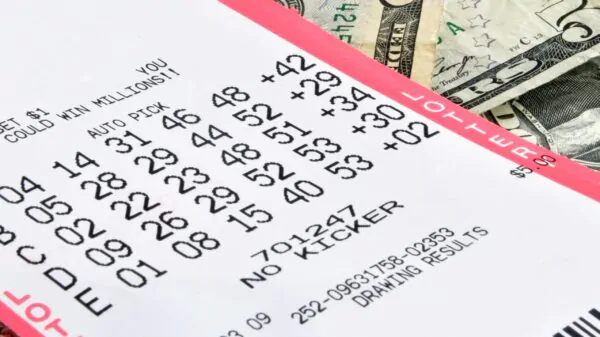|
Getting your Trinity Audio player ready...
|
What if the state told you it was rescuing public education — only to quietly hand your tax dollars to private schools instead?
Last week, Alabama released its first round of applications under the CHOOSE Act — the state’s new education savings account program that offers up to $7,000 per student for private school tuition and $2,000 for homeschooling expenses. Nearly 37,000 students are represented in this inaugural round. But as Chance Phillips reported in APR, the numbers tell a sobering story: this isn’t a rescue mission for families trapped in failing schools — it’s a public refund for private choices already made.
Forty-two percent of applicants were already attending private schools. Another 25 percent were homeschooled. Fewer than 28 percent were enrolled in public schools at the time of applying. That means more than two-thirds of applicants had already left the public system. This is not school choice — it’s a state-subsidized reward for families who opted out of the public square long ago.
Supporters insist every family pays taxes and should access the funds, but that argument misses a crucial point. These dollars aren’t drawn from a neutral pot — they’re siphoned directly from the Education Trust Fund, the very resource that sustains Alabama’s public schools. The same schools that educate the vast majority of our children. The same schools serve nearly all of our English learners, children with disabilities and students living in poverty.
We should be honest about what’s happening here. The CHOOSE Act represents a deliberate policy shift: one that reimagines education as a private good instead of a shared public trust. The state is not expanding opportunity — it’s redistributing responsibility, and the burden is falling hardest on the students who already have the least.
Alabama is not alone. States like Iowa, Florida, Indiana, Arizona and West Virginia have embraced similar voucher-style programs with similarly bleak outcomes. In Iowa, ESA recipients were overwhelmingly already enrolled in private schools, while rural families were largely left out due to a lack of access. In Florida and Indiana, voucher students often saw academic declines — especially in math. Arizona’s program has been plagued by fraud and frivolous spending. And in West Virginia, a narrowly tailored program ballooned into a universal giveaway with no clear gains for students.
These are not organic reforms. They are the result of a coordinated, well-funded campaign — a movement driven by political operatives and ideological foundations that seek to defund, delegitimize and ultimately dismantle public education. Their goal is not educational excellence. It is ideological realignment.
This raises a deeper, constitutional question: does public funding for private religious education — under the banner of school choice — not violate the spirit, if not the letter, of the First Amendment?
The CHOOSE Act now permits tax dollars to flow into schools that openly preach specific religious doctrines, require signed professions of faith, and reject LGBTQ+ students and families. One participating school calls the Supreme Court’s recognition of same-sex marriage a “perversion of God’s created order.” Another requires a signed religious pledge just to enroll. These institutions, with explicit theological litmus tests, are now eligible for public funds.
The founders foresaw this danger. In 1785, James Madison penned his Memorial and Remonstrance Against Religious Assessments to oppose a Virginia bill that would have used tax dollars to support Christian teachers. He warned that even indirect support of religious institutions by the state endangered liberty. “It is the duty of every man to render to the Creator such homage… as he believes to be acceptable,” Madison wrote, asserting that freedom of conscience precedes any claim the state may make. He saw clearly that government support of religious education would corrupt both church and state.
Two centuries later, Alabama is moving in the direction Madison feared — where public money blurs the boundary between civic responsibility and private belief.
Meanwhile, in more than ten Alabama counties, there isn’t a single eligible private school. Families there still pay taxes, but they’ll receive no benefit. What’s being sold as empowerment is, in truth, exclusion — by geography, by income and by faith.
Public schools are not perfect. They require reform, investment and accountability, but the answer is not to abandon them. There are smarter, fairer alternatives. The state Senate recently passed the RAISE Act, a targeted measure that directs funding to students with the greatest needs — those in poverty, those learning English and those with disabilities. That’s real reform. That’s equity. That’s a public commitment to all children, not just a privileged few.
We must stop pretending the CHOOSE Act is about choice. It’s about surrender — abandoning the promise of equal education in favor of a system where public dollars buy private privilege. For the children still sitting in under-resourced and overlooked classrooms, this is not an opportunity. It’s a warning of what happens when a society gives up on its public institutions.






















































